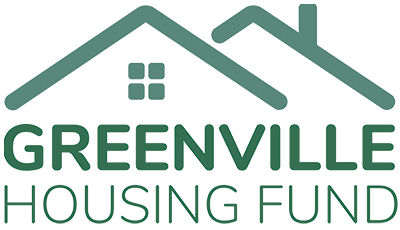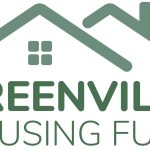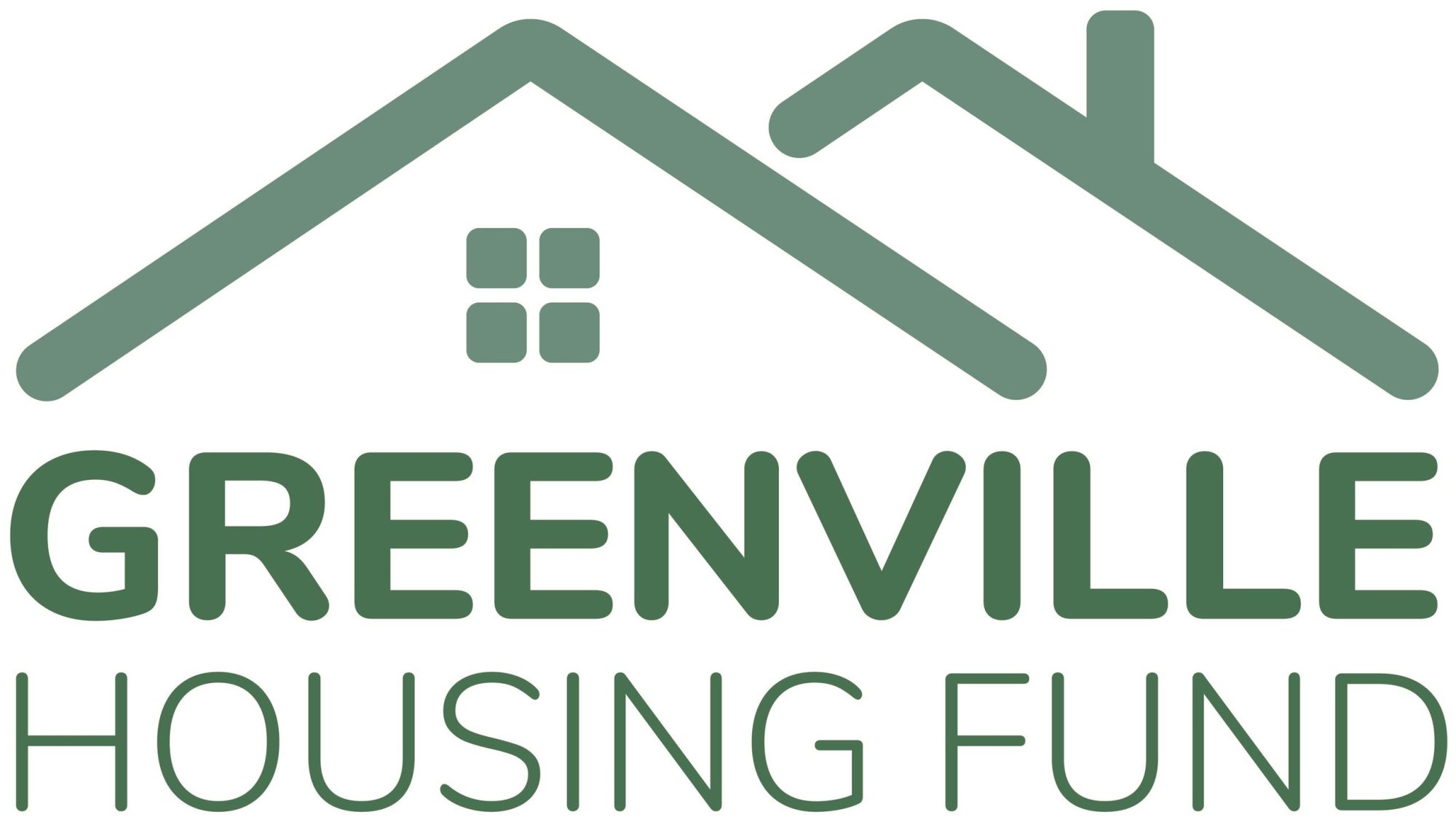Earlier this week Bryan Brown and Libba King from our team got the opportunity to talk more about what is happening with affordable housing with a Greenville County Council Committee chaired by Ennis Fant and including Butch Kirven, Alan Mitchell, Chris Harrison and Benton Blount.
One of the things we stressed was that affordable housing at 40-80% of the community’s area median income are people we see every day. Teachers, social workers, police officers, among others. These are the people struggling to find affordable housing in our communities.
Also, FOX Carolina covered our presentation, and did a fantastic job. We are using this blog to share some more information. There is only so much they could distill from a 20-minute presentation, and we recognize that 20 minutes is too short to explain everything.
But here we go.
Let’s talk Low Income Housing Tax Credits (LIHTC), which stimulates investment in affordable housing in underserved urban and rural communities and in higher cost suburban communities across the nation. This is a HUD program that goes back to 1986, and is one of the most successful affordable housing tools out there. Actually, LIHTC is the single most important Federal resource available to support the development and rehabilitation of Affordable Housing and currently partially finances roughly 90% of all new affordable housing development.
How does it do this?
The LIHTC facilitates development that provides low-income families with a safe and decent place to live and, by lessening their rent burdens, frees up additional income that can be spent on other necessities or put into savings for education or homeownership. The LIHTC is also an economic development tool, creating jobs and catalyzing redevelopment in struggling communities.
Units funded by the LIHTC must be affordable for people earning no more than 60% of the Area Median Income (AMI). Rent may not exceed 30% of the qualifying income for individual tenants.
Want to know more?
Give us a call.
864-686-5130!






